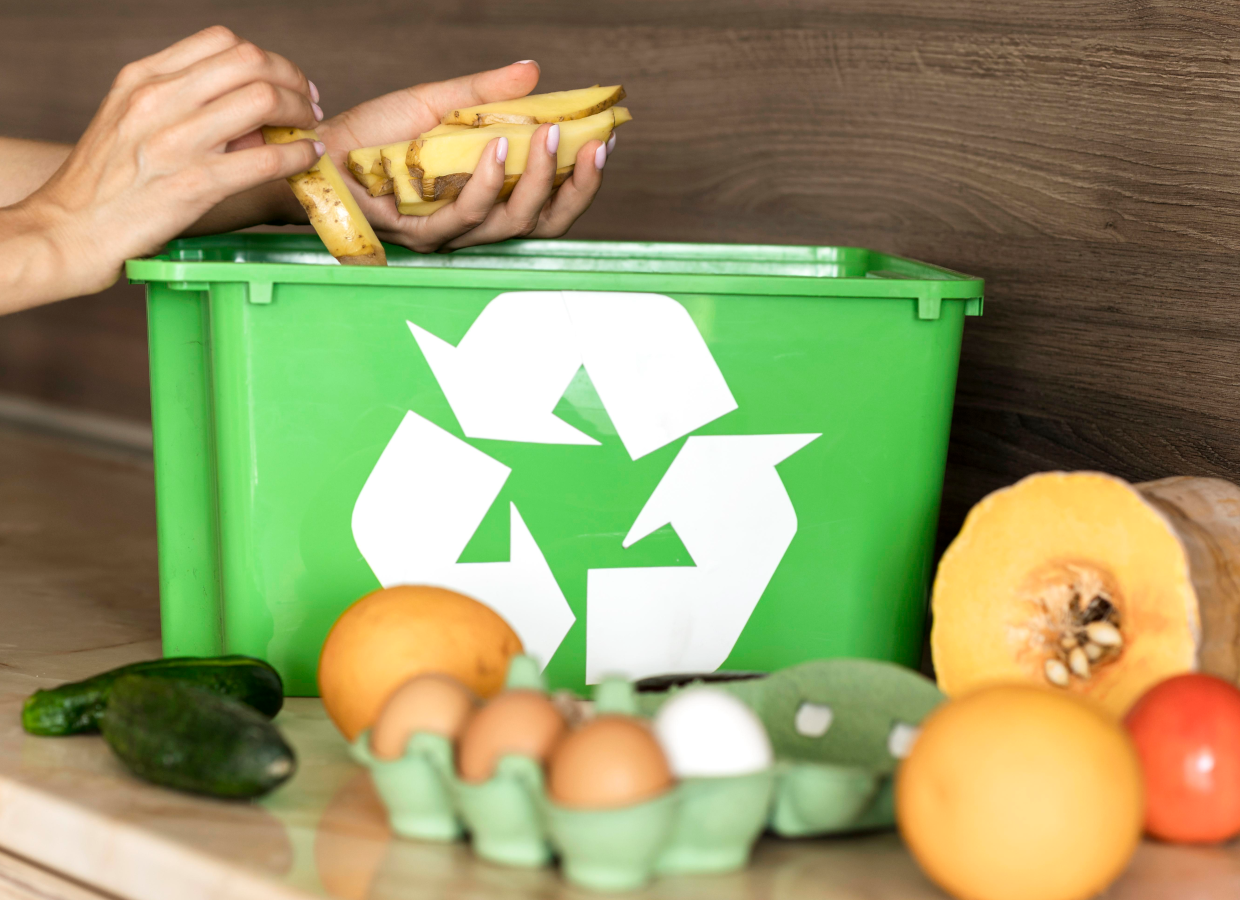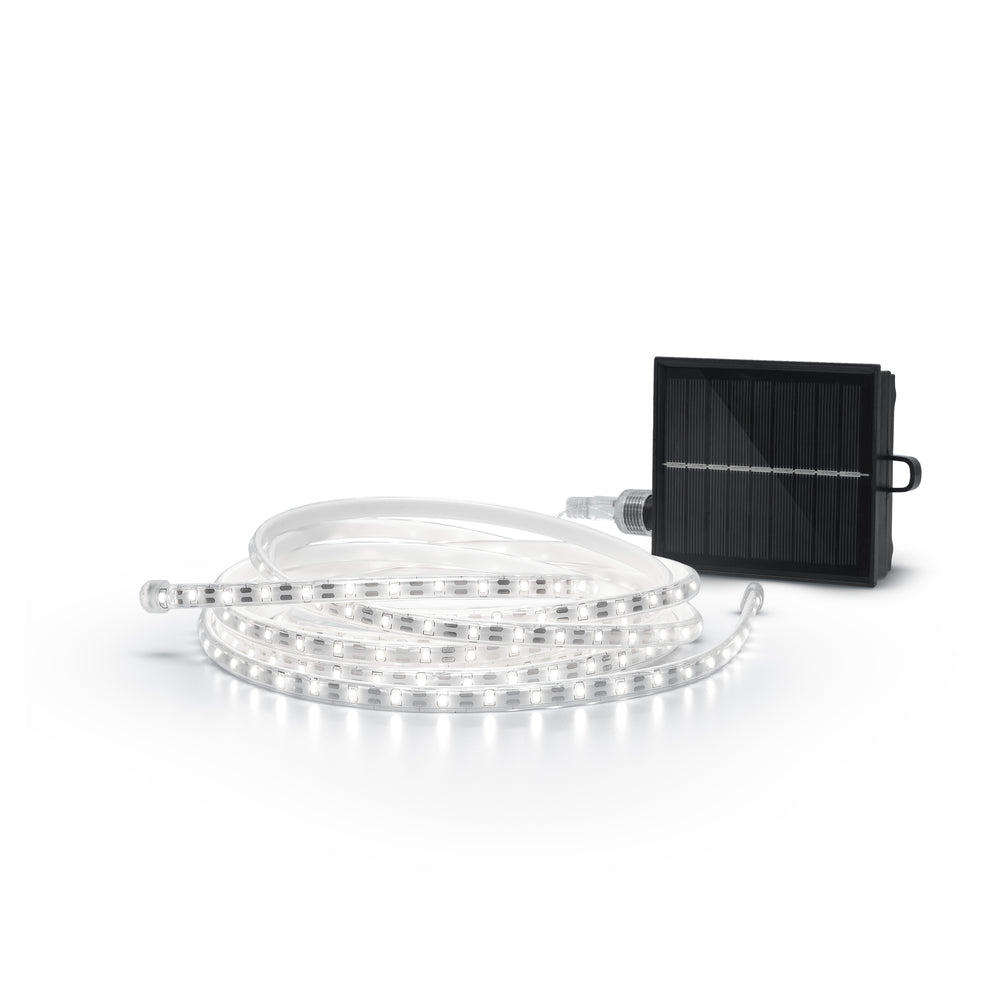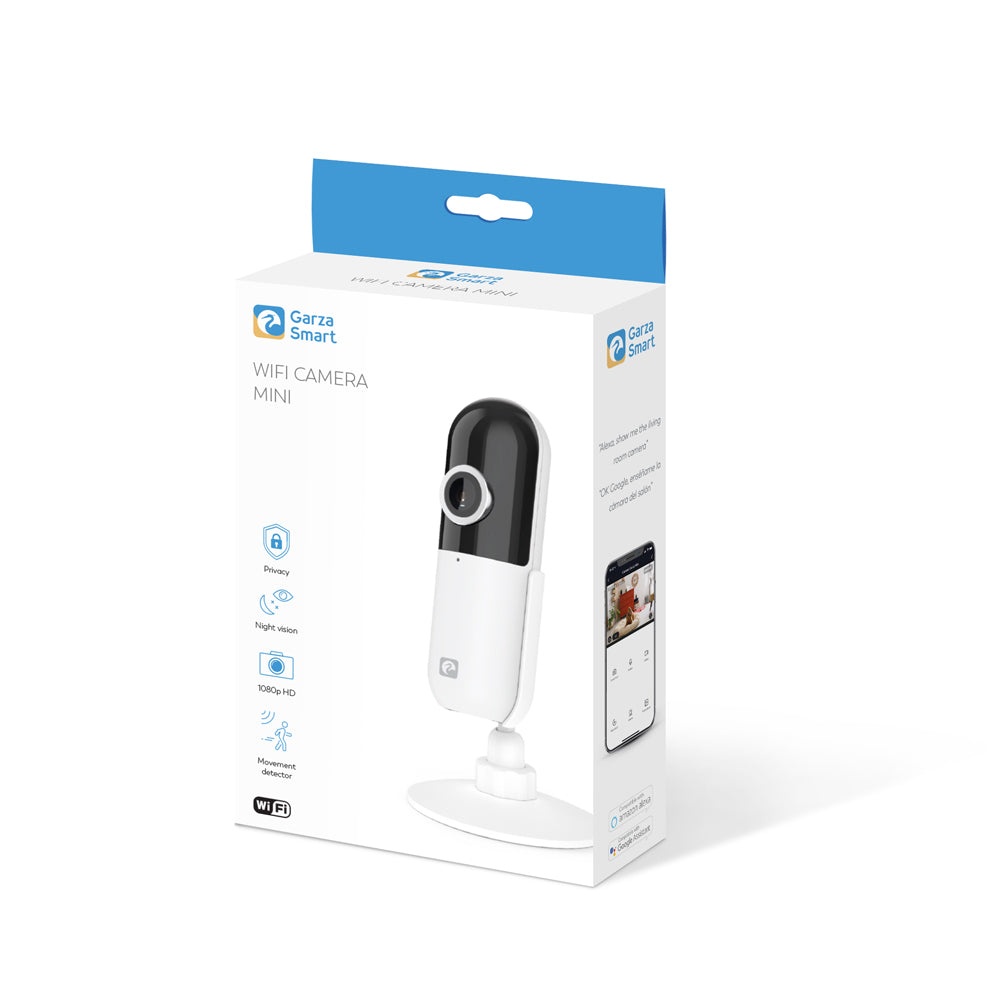Some of the misconceptions about homemade compost are that it is too complicated or smells funny. All of this can be true if done incorrectly.
Fortunately, the right homemade compost is quite simple: you layer organic materials and a pinch of soil to create a soil-boosting mixture.
Types of compost
Before starting, we must differentiate three types of compost: cold, hot and vermicompost .
He cold compost It's as simple as collecting yard waste or removing organic materials from the trash (such as fruit and vegetable peelings, coffee grounds and filters, and egg shells) and then stacking them in a container. Over the course of about a year, the material will decompose.
He hot compost It requires a more active role, but it is a faster process. You will get a subscription for one to three months. Four ingredients are required for hot compost: nitrogen, carbon, air and water . These elements together feed the microorganisms, which accelerates the decomposition process. In spring or fall, when garden waste is abundant, you can take the opportunity to mix a large amount of compost.
He vermicompost It is made with the help of worms. When these worms eat food scraps they release molds, which are rich in nitrogen. However, you can't use just any worm for this: you need red worms.
Compost is an incredible way to use up old food in your fridge, thus avoiding waste.
What can we compost?
To get your compost started right, you can gather these materials in a container:
- Fruit remains
- Vegetable scraps
- Coffee grains
- Eggshells
- Grass and plant clippings
- Dry leaves
- Finely chopped wood chips and bark
- Shredded newspaper
- Untreated wood sawdust
What should we not compost?
The following materials can not only cause problems in your garden, but they can also make it smell bad and attract animals and pests. We recommend that you avoid these elements for successful compost:
- Anything that contains meat, oil, fat.
- Plant materials
- Sawdust or pressure-treated wood chips
- Dog or cat bundles
- Weeds to be planted
- Dairy products
Steps to follow to make homemade compos
- Place the compost bin directly on the ground. Worms speed up the compost process. Add an equal mix of green and brown materials.
- You can speed up the process by turning the pile from time to time with a garden stick to aerate it, thus mixing the outside ingredients with those inside.
- When the mixture is brown and smells slightly sweet, the process is complete! This lasts approximately six months , although it can last longer.
Now it's up to you to decide which compost method best suits your lifestyle and garden. Fortunately, no matter which one you choose, homemade compost is incredibly easy to make and super environmentally friendly. With just a few kitchen scraps, and some patience, you will have your garden ready!






